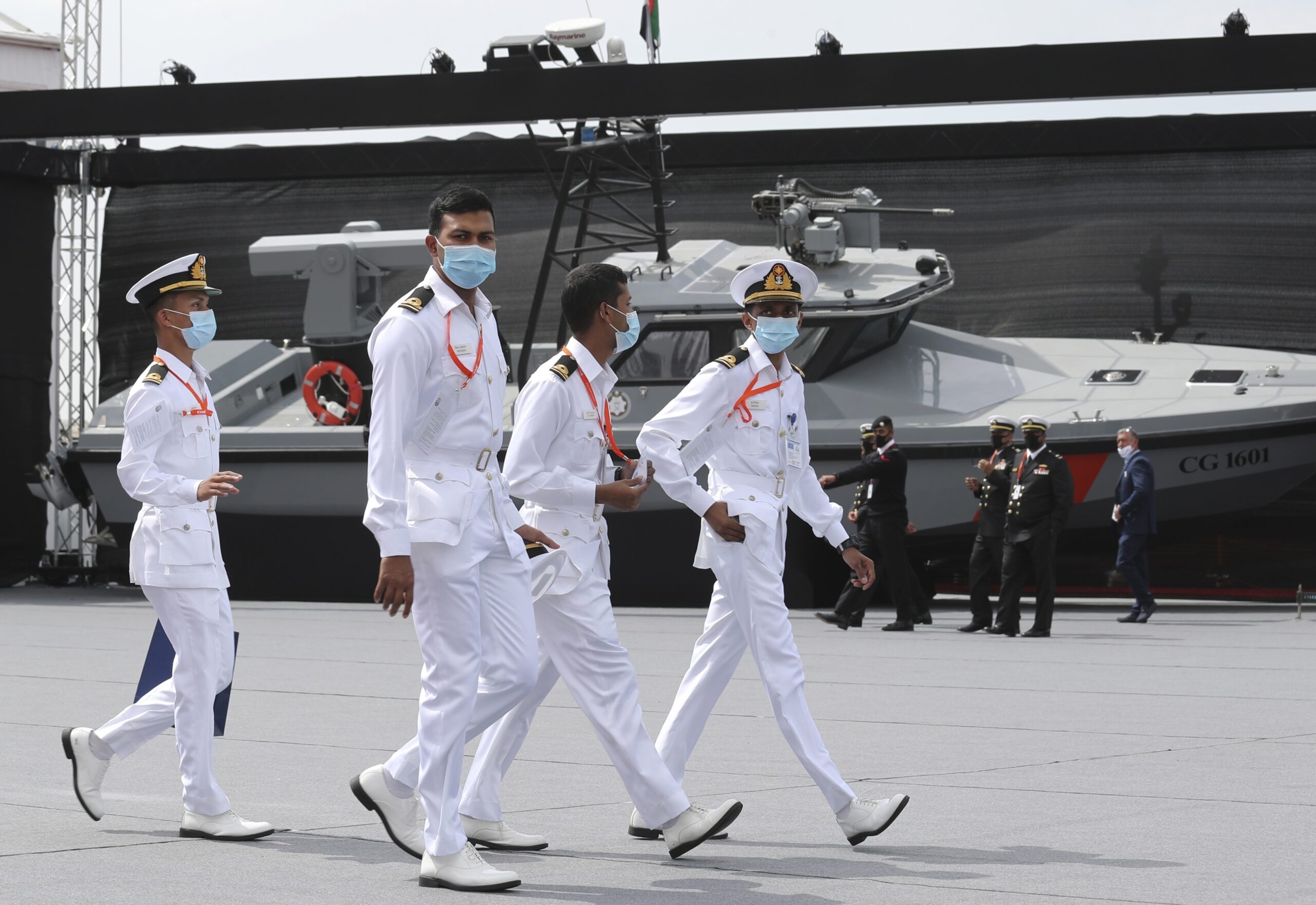Security
Sep 10, 2021
With Taliban Takeover, Gulf States Maneuver in Afghanistan
The reemergence of the Taliban is being treated cautiously in the broader Middle East. But the U.S. withdrawal may leave a unique political space for more engagement from the Gulf Arab states.
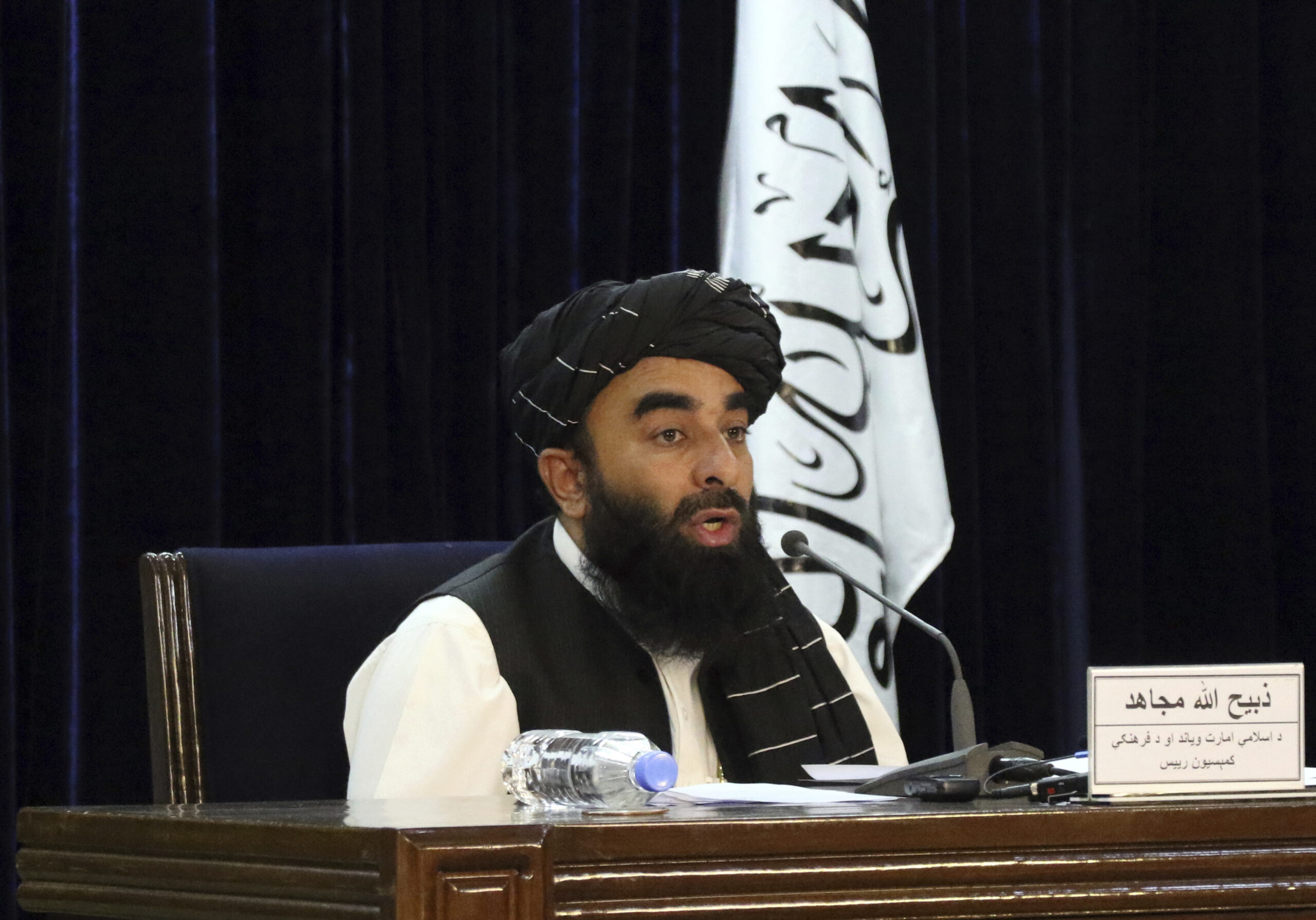
Sep 10, 2021
Tremors from the 9/11 “Earthquake” Continue to Shape the Gulf and Relations With U.S.
The 9/11 attacks reshaped Gulf Arab perceptions of terrorism and Islamism, of each other, and of strategic relations with Tehran and Washington.

Aug 31, 2021
The Debate Over the U.S. Military Role in the Gulf
Maximalist proposals calling for near-total withdrawal or expanding the U.S. military footprint are unrealistic. The task is to find effective ways of doing as much, or more, with less.
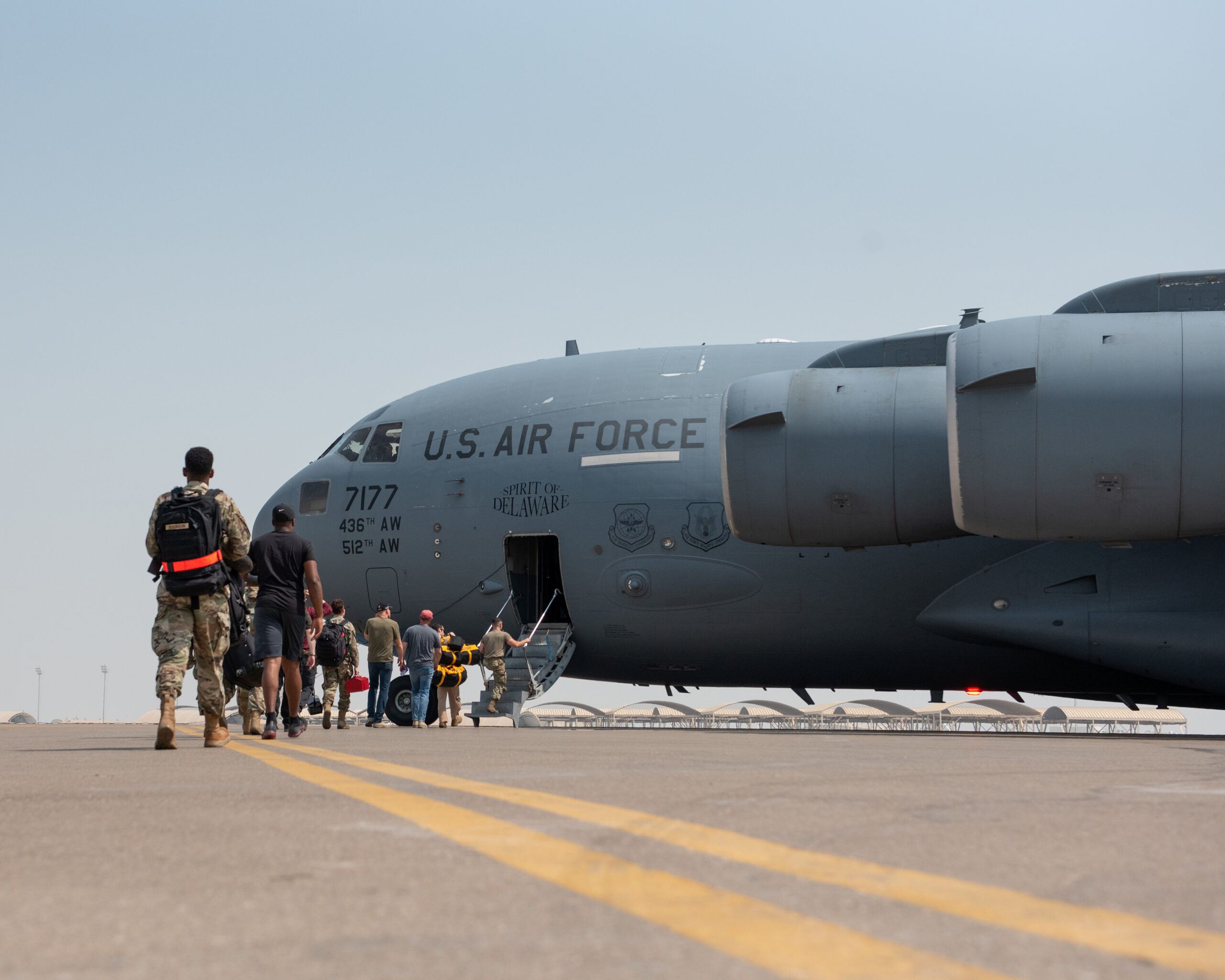
Aug 20, 2021
For Raisi, Economic Issues Primed to Drive Iran’s Foreign Policy Agenda
As long as Iran’s economy is spiraling downward, its new government will have some incentive to ease tensions abroad.
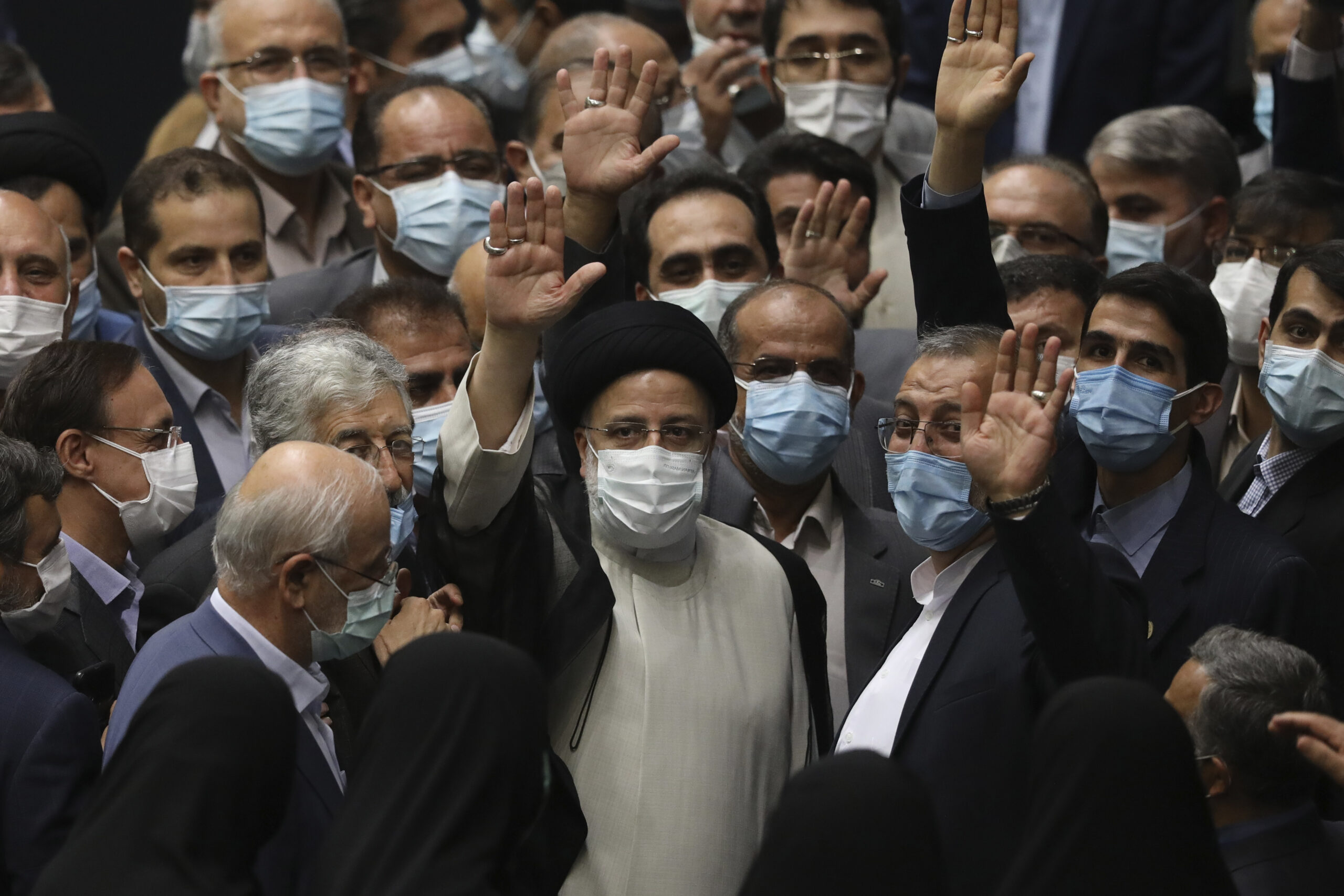
Aug 12, 2021
Russia and the UAE: Monetization, Economization, and Militarization in the Gulf and Red Sea
A fresh look at an integrated Red Sea framework and associated diplomacy could help avoid a security dilemma resulting from overlapping spheres of economic interest and militarization.
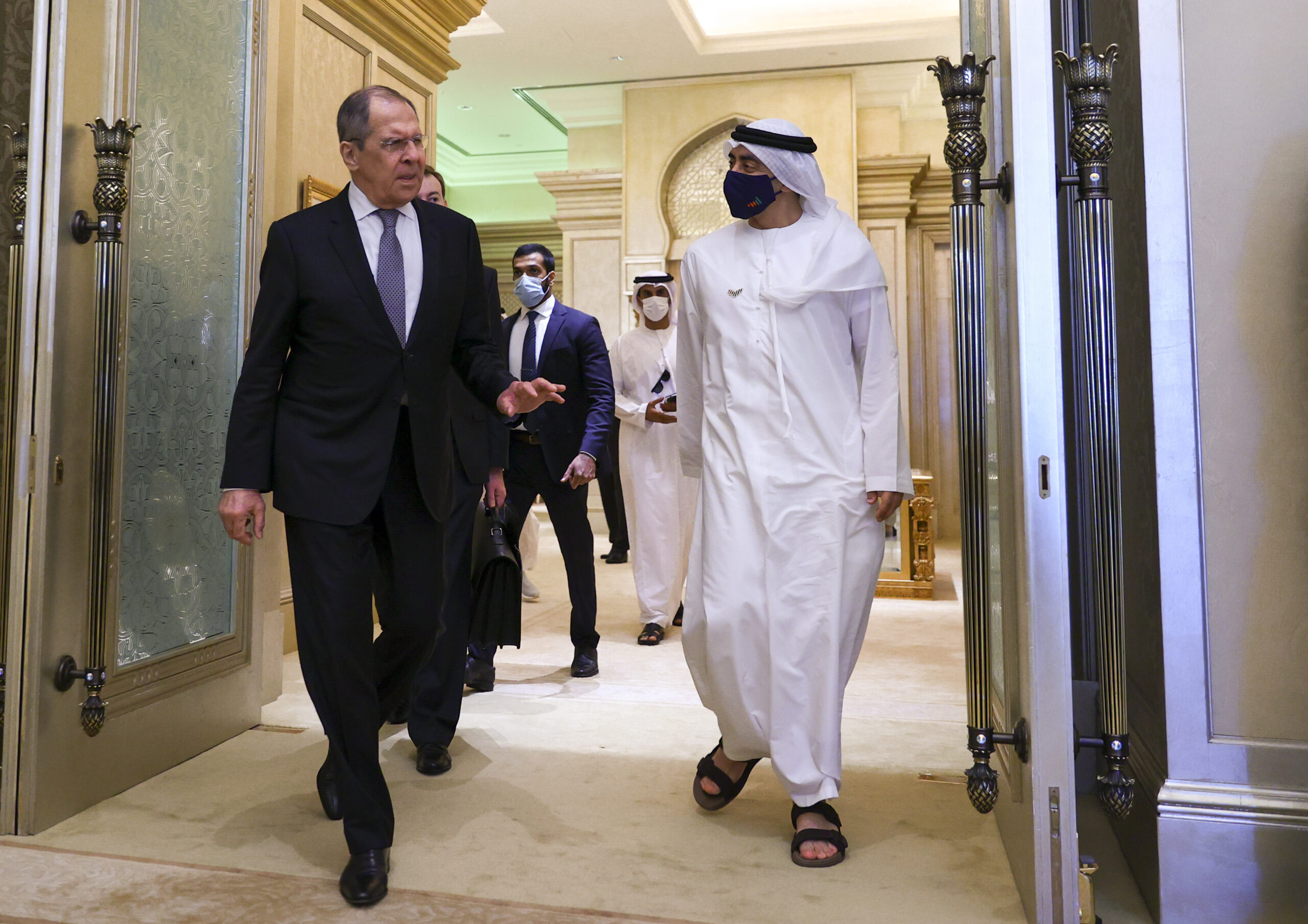
Aug 10, 2021
Gulf Reengagement With Syria: Heading Into the Wall
Gulf countries are reassessing their relations with the Assad regime, but U.S. sanctions preventing investment and reconstruction will impede any true reintegration of Syria into the region.
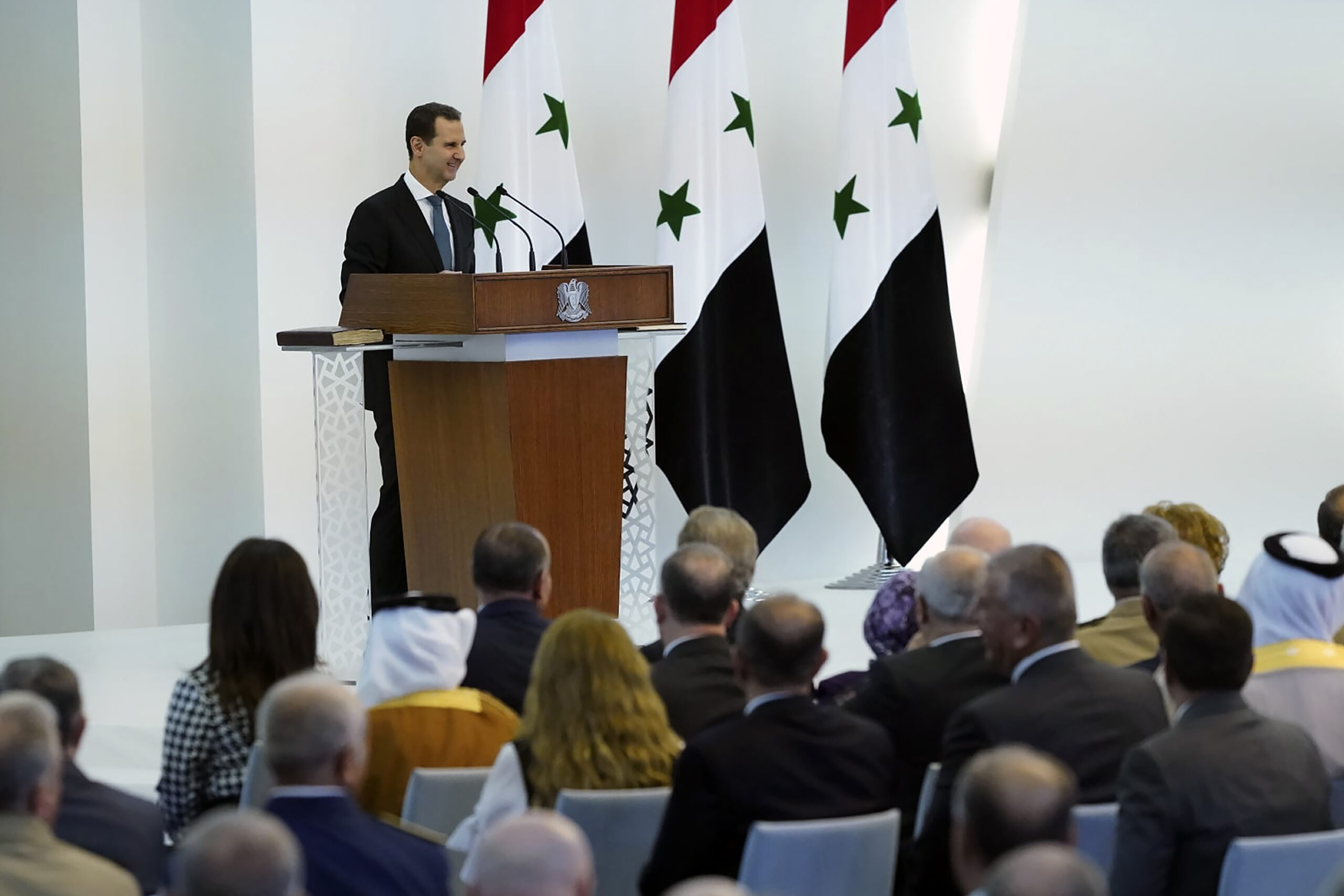
Aug 3, 2021
End of Combat Mission in Iraq: Brave New World or Just a Rebrand?
The announcement that the United States will conclude its combat role in Iraq by the end of 2021 appears to be no more than rebranding the U.S. troops’ current role in Iraq.
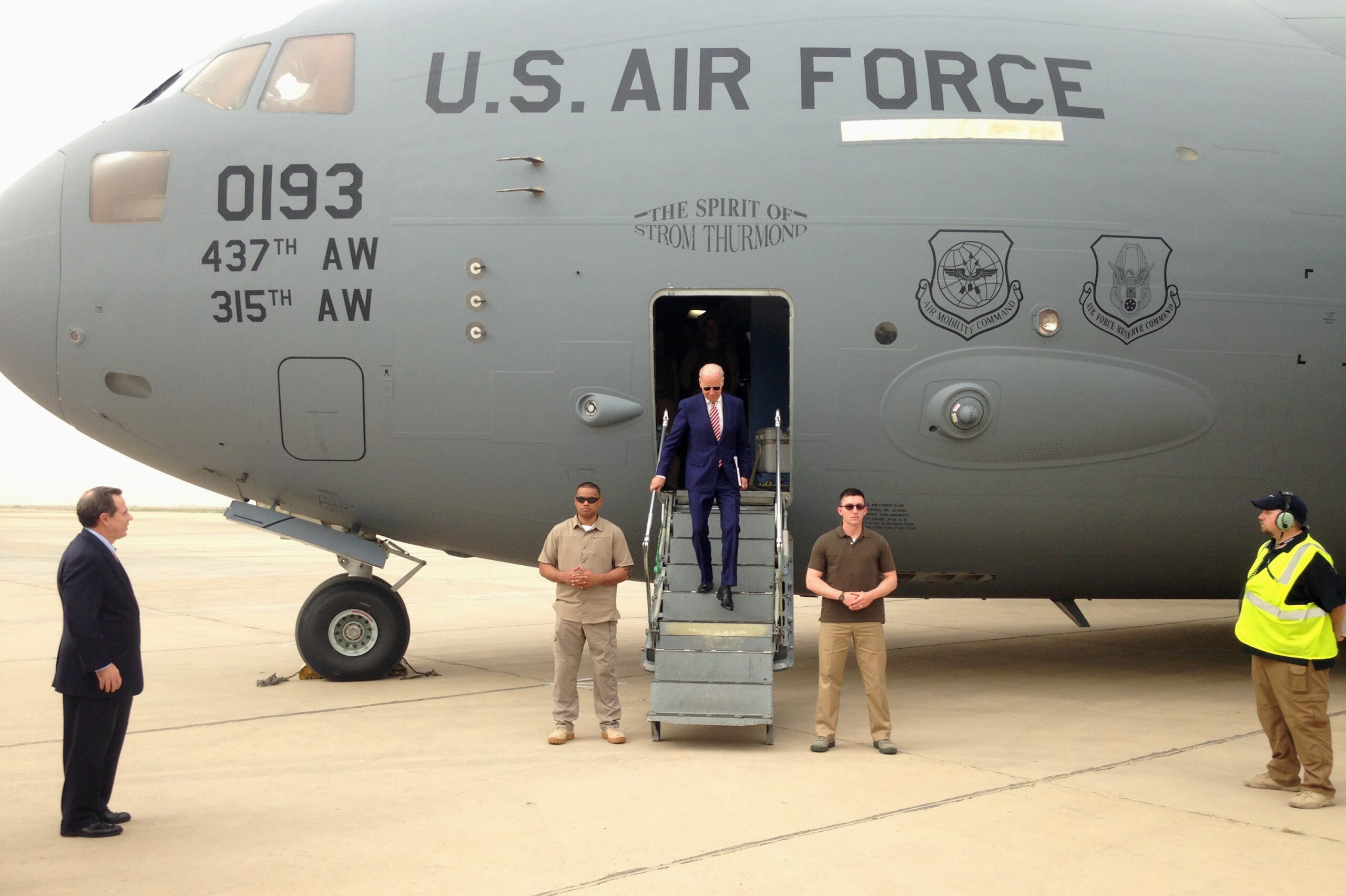
Jul 28, 2021
Eye to the Horizon: The UAE’s Maritime Ambitions
The UAE is increasingly looking to the maritime domain as an area of regional and global cooperation but also as a vessel of continued power projection.
